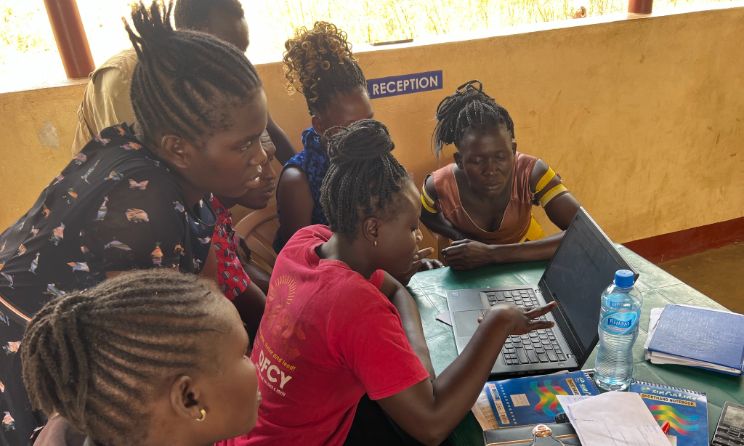Likikiri Collective based in South Sudan’s capital Juba was awarded £98 000 ($125 000) in support of its music project titled Storytelling as Safeguarding: Protecting South Sudanese Women’s Cultural Heritage in Refugee Settings in Uganda and Kenya.
The project is one of 22 implemented in 10 countries that have received support from the £2m fund to protect cultural heritage that is at risk from conflict and/or climate change. The projects are being implemented in Syria, Iraq, Kenya, Sudan, Ethiopia, the Occupied Palestinian Territories, Uganda, Tanzania, Pakistan and Nepal.
Likikiri Collective’s project taps into the cultural knowledge of South Sudanese refugees in Uganda and Kenya to preserve songs carrying information that is in danger of being lost.
Through the Likikiri Heritage Lab, young women from four communities – Kakwa and Avokaya in Uganda and Dinka and Nuer in Kenya – will become “storytellers, scribes and custodians of elder women’s songs through the making of a multimedia archive.”
“These young women will identify, explore, curate and preserve 400 songs from five moments in life – childhood (lullabies, birth and naming songs), adolescence (initiation songs), marriage songs, work songs and funerary and mourning songs,” Likikiri Collective said.
Likikiri is running the project in partnership with the British Library Sound Archives, the School of Oriental and African Studies at University of London’s Department of Music, the British Institute in Eastern Africa, the Community Development Centre in Arua, Uganda, and SheLeads Kakuma in Kenya.
The partner organisations will share the skills and knowledge of documentation, archiving and media production with the participants, allowing the women to safeguard their cultural heritage for future generations.
“The impact of years of war and communal conflicts has been compounded by the onset of climate disasters such as floods and drought, forcing many South Sudanese to find refuge in neighbouring countries,” the British Council said. “The consequent displacement and adaptation to a new setting has disrupted the passing down of intangible cultural heritage such as languages, rituals, social practices and song traditions, threatening the viability of a large corpus of South Sudanese women’s creative production.”



